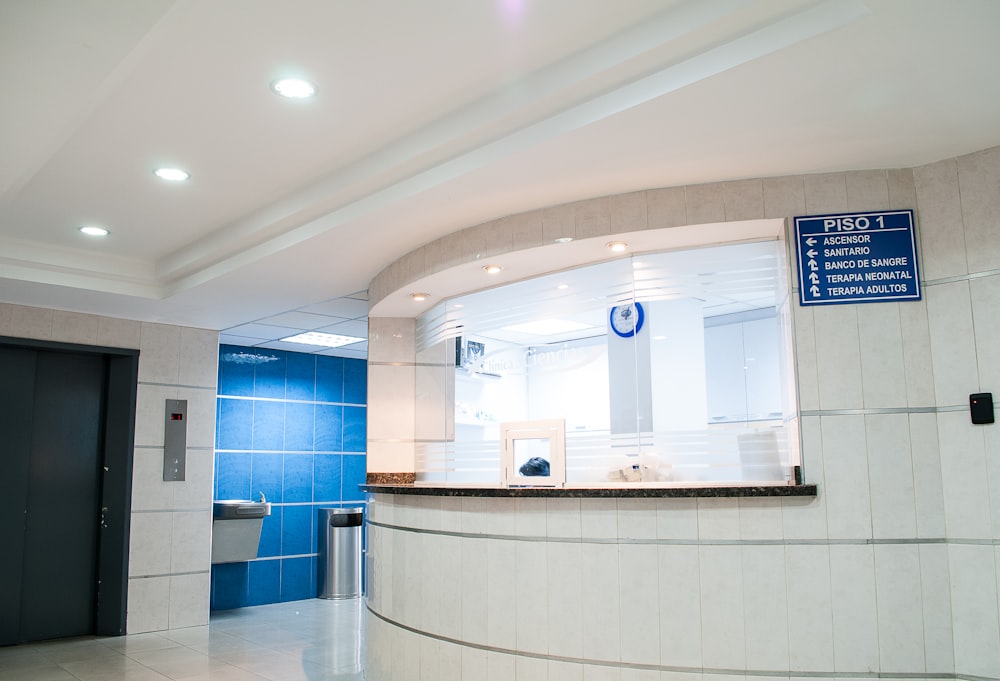Article -> Article Details
| Title | Hospital Management System Requirements: Functional and Nonfunctional Aspects |
|---|---|
| Category | Business --> Healthcare |
| Meta Keywords | hospital management system, hospital management software, hospital information system, hospital software, hospital information management system, hospital database management system, HMS |
| Owner | Nethaji |
| Description | |
 In the ever-evolving landscape of healthcare, Hospital Management Systems (HMS) are the backbone of efficient healthcare facility operations. These systems streamline administrative tasks and elevate the overall quality of patient care. However, to design and implement an effective HMS, it's imperative to comprehensively understand and address both its functional and nonfunctional requirements. Functional Requirements of Hospital Management SystemsPatient Registration: A robust HMS should facilitate quick and accurate patient registration. It must capture essential patient information, including personal details, medical history, and insurance data, ensuring a seamless onboarding process. Appointment Scheduling: Efficient appointment scheduling is pivotal in guaranteeing that patients receive timely care. The system should empower staff to schedule appointments, allocate resources, and adeptly manage cancellations or rescheduling. Admission and Discharge: The HMS should support smooth admission processes, including bed allocation, and offer efficient discharge procedures. It should also proficiently manage patient transfers within the facility. Electronic Health Records (EHRs): The ability to create, store, and access electronic health records is a fundamental requirement. EHRs should encompass comprehensive patient histories, diagnoses, treatment plans, and accurate test results. Billing and Invoicing: Accurate and transparent billing is essential. The system must proficiently generate invoices, process payments, and seamlessly integrate with insurance providers for streamlined claims processing. Pharmacy Management: The HMS should incorporate pharmacy modules for the efficient management of medication dispensing, stock levels, and prescription handling, ensuring uninterrupted patient care. Laboratory Information Management: Integration with laboratory systems ensures seamless test requests, sample tracking, and timely result reporting, enhancing diagnostic precision. Inventory Management: Effective inventory control guarantees that medical supplies and equipment are consistently well-stocked. It should feature proactive reordering alerts and meticulous expiration date tracking. Staff Management: Human resources functionality should encompass staff scheduling, attendance tracking, and performance evaluation, promoting workforce efficiency and accountability. Reporting and Analytics: Robust reporting capabilities empower healthcare providers to analyze data, monitor key performance indicators, and make informed decisions, ultimately elevating patient care standards. Nonfunctional Requirements of Hospital Management SystemsSecurity: Uncompromising data security and unwavering patient confidentiality are paramount. The hospital information system must meticulously comply with healthcare data protection regulations and institute robust role-based access control. Scalability: As healthcare facilities expand, the system should effortlessly scale to accommodate increased data, users, and transactions, ensuring future-proof operations. Reliability: System uptime and reliability are non-negotiable for uninterrupted patient care. Implementing redundancy and backup mechanisms is indispensable. Performance: The HMS should deliver optimal performance, ensuring rapid response times even during peak usage periods, enhancing user satisfaction and operational efficiency. Usability: An intuitive user interface is a catalyst for staff productivity and minimizes errors. Usability testing and user training should be integral to the implementation process, promoting seamless user adoption. Interoperability: The system's ability to exchange data with other healthcare systems, such as EHRs, diagnostic equipment, and third-party software, is crucial for comprehensive patient care and data accuracy. Compliance: Striving for compliance with industry standards and regulations, such as HL7, DICOM, and HIPAA, is non-negotiable to guarantee data integrity and patient privacy. Integration: Seamless integration with medical devices and equipment, such as patient monitors and imaging systems, is pivotal for real-time data access and diagnostic precision. Audit Trails: Instituting comprehensive audit trails to record all system activities ensures accountability and aids in regulatory compliance. Disaster Recovery: A robust disaster recovery plan is indispensable, guaranteeing data integrity and system availability in the face of unforeseen incidents, safeguarding patient care and records. In conclusion, Hospital Management System are the linchpin of modern healthcare facilities. To meet the multifaceted needs of healthcare providers and patients, it's imperative to meticulously consider both the functional and nonfunctional requirements during system design and implementation. By addressing these requirements comprehensively, healthcare organizations can elevate patient care, optimize operations, and ensure data security and compliance in an ever-evolving healthcare landscape. | |
